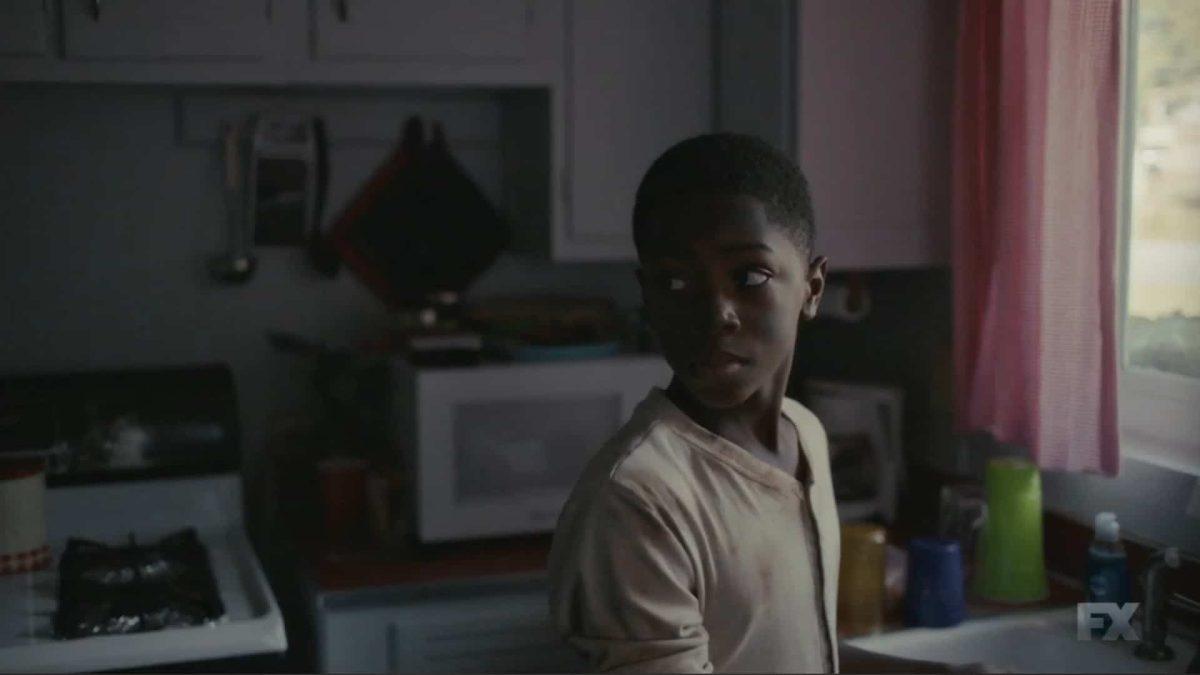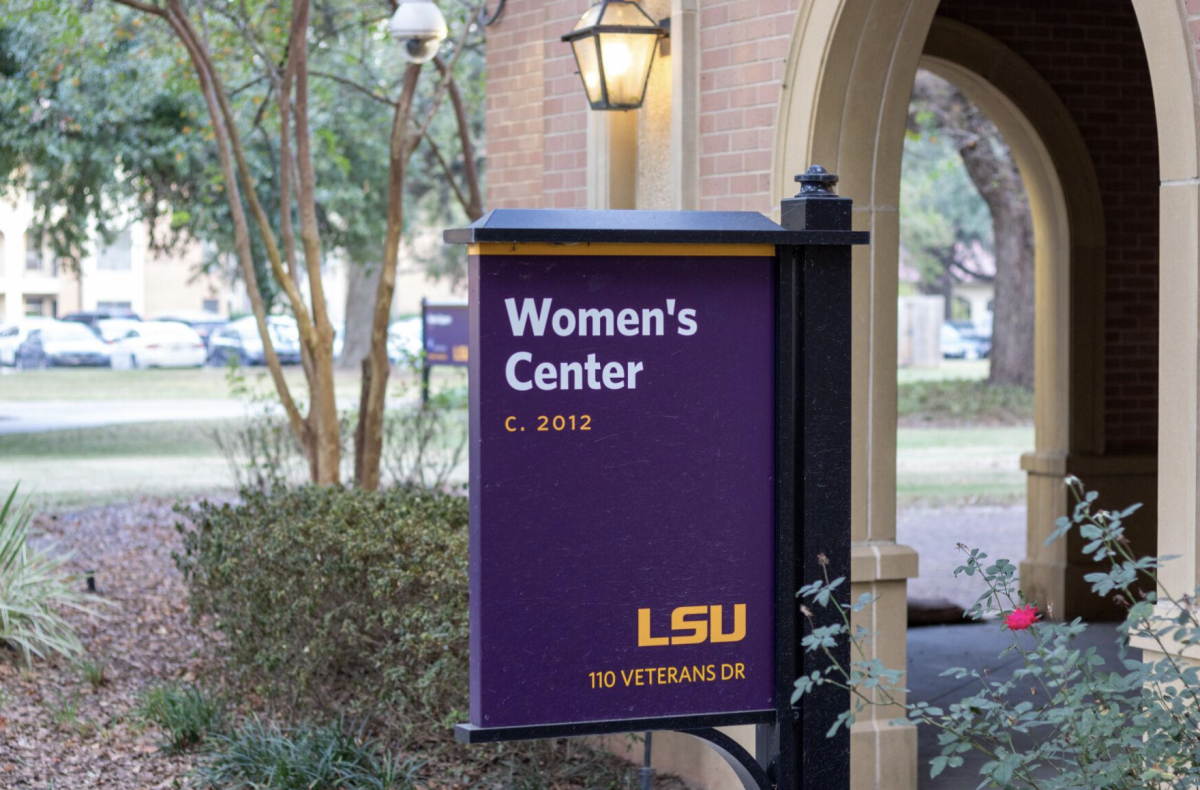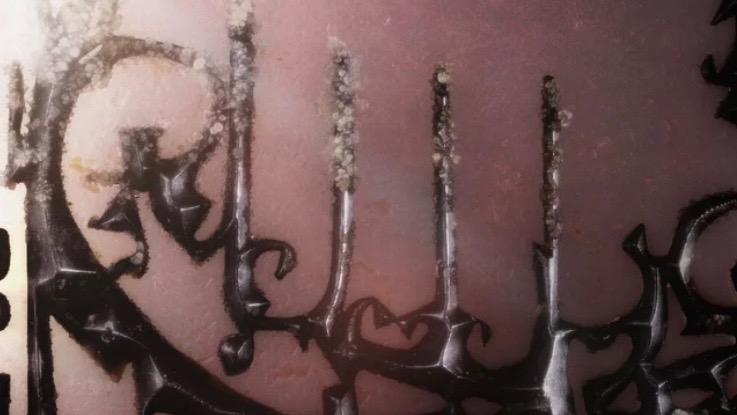Since the series first premiered on September 6, 2016, Donald Glover’s searing comedy-drama “Atlanta” has provided thought-provoking commentary on society as we know it.
Written by, directed by and starring Glover, the series is known for its ambitious storytelling and eccentric humor that practically subverts expectations in every single episode. Aided by its timely and often piercing observations of society, it is a landmark show unlike anything else on television. Following a four-year hiatus, the long-awaited two-episode premiere of “Atlanta” aired Thursday, March 24.
Revolving around a college dropout, “Atlanta” stars Glover as Earn Marks, who works as a music manager for up-and-coming cousin, rapper Alfred, whose rap name is Paper Boi, played to perfection by Brian Tyree Henry. The cast is rounded out by LaKeith Stanfield’s Darius Epps, a spiritual and often stoned friend of Alfred’s, and Earn’s ex, Van, played by Zazie Beetz, as they try to make their way through the harsh and sometimes surreal landscape of Atlanta, Georgia.
Last season, dubbed “Robbin’ Season,” saw the four young Black characters traverse the increasingly weird locales of Atlanta from the woods to a Fastnacht festival, and even the homes of the Alligator Man and Teddy Perkins. At the end of the season, Earn, Alfred and Darius all boarded a plane bound for Alfred’s European world tour.
The premiere episode, “Three Slaps,” was a rather self-contained, allegorical installment featuring none of the main characters, but one glimpse of Earn at the end. Instead, it was about a young Black middle schooler named Loquareeous, played by Christopher Fartar, that gets adopted by a hippie lesbian couple through multiple errors of communication. Lensed by Hiro Murai, this episode maintains a brutal and creepy atmosphere with an engaging story inspired by the Hart family murders that depict how easily cruelty and racism can manifest in ways otherwise presented as admirable actions.
“Three Slaps” is the kind of unique, surprising and horrifying episode that reminds viewers that they don’t even need to see their favorite characters to feel like “Atlanta” is back and better than ever. Case in point, the episode is a stark reminder of the series’ core thesis – a trenchant and earnest insight into the laughably absurd nature of social media, capitalism and racial disparity. “Atlanta” does a perfect job of sitting the viewer on the line between comical and uncomfortable while bringing up societal issues.
The second episode, “Sinterklass Is Coming To Town,” was the actual return of Earn, Al, Van and Darius, a hilarious and jaw-dropping follow-up that left me desperate for the next episode. Set in Amsterdam, Paper Boi’s tour is about to begin, but he is in jail, his music manager is not in the capital city yet, Earn’s ex-girlfriend has just shown up and Darius has not washed his clothes in eight days. Christmas festivities have also begun, including a disturbing amount of blackface in Amsterdam that feels more unsettling with every scene.
It’s an episode full of laughs and real-life parallels, such as Alfred’s treatment in prison being akin to A$AP Rocky’s imprisonment in a luxurious Swedish prison, but the awkwardness and hilarity obscure the real themes of the episode right up until the most unexpected moment.
“Atlanta” is back and better than ever. While not set in the streets of the titular city, the third season reinvents itself with an increased scope of social horror and hip-hop that maintains the same absurdity, excellency and relevancy that it started out with. “Atlanta” is a gift from Glover and company that is well worth the wait.
Donald Glover’s ‘Atlanta’ entourage takes on Europe without losing any absurdity or relevancy
March 29, 2022
Atlanta







